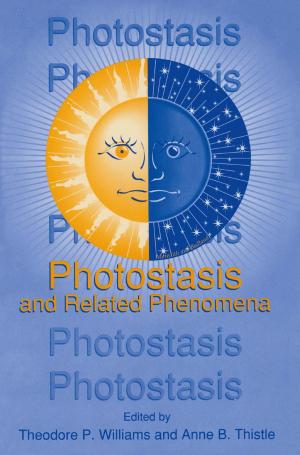Lasers in Cardiovascular Medicine and Surgery: Fundamentals and Techniques
Nonfiction, Health & Well Being, Medical, Surgery, Thoracic, Specialties, Internal Medicine, Cardiology| Author: | ISBN: | 9781461314899 | |
| Publisher: | Springer US | Publication: | December 6, 2012 |
| Imprint: | Springer | Language: | English |
| Author: | |
| ISBN: | 9781461314899 |
| Publisher: | Springer US |
| Publication: | December 6, 2012 |
| Imprint: | Springer |
| Language: | English |
Following the advent of percutaneous balloon vel oped and are available for clinical use, as well angioplasty, interventional cardiovascular pro as those that are still in investigational phases. cedures have become of great interest to the Clinical case reports are presented by expert in cardiologist, radiologist, and cardiovascular vestigators on the use of various catheter systems surgeon. One of the most extensively explored in the coronary and peripheral circulation. alternatives to bypass surgery is laser-mediated Part V (Chapters 17-23) is the most up-to angioplasty. The fascination with laser radia date review of the clinical experience with vari tion has greatly contributed to its popularity, ous laser delivery systems. There is an emphasis but has also burdened it with unrealistic ex on patient selection, criteria for lesion choice, pectations. Many commercial laser systems are and follow-up data. A detailed description of available to the clinician and the researcher, laser recanalization techniques is presented for which often makes the choice of a laser system the various systems in the clinical setting.
Following the advent of percutaneous balloon vel oped and are available for clinical use, as well angioplasty, interventional cardiovascular pro as those that are still in investigational phases. cedures have become of great interest to the Clinical case reports are presented by expert in cardiologist, radiologist, and cardiovascular vestigators on the use of various catheter systems surgeon. One of the most extensively explored in the coronary and peripheral circulation. alternatives to bypass surgery is laser-mediated Part V (Chapters 17-23) is the most up-to angioplasty. The fascination with laser radia date review of the clinical experience with vari tion has greatly contributed to its popularity, ous laser delivery systems. There is an emphasis but has also burdened it with unrealistic ex on patient selection, criteria for lesion choice, pectations. Many commercial laser systems are and follow-up data. A detailed description of available to the clinician and the researcher, laser recanalization techniques is presented for which often makes the choice of a laser system the various systems in the clinical setting.















